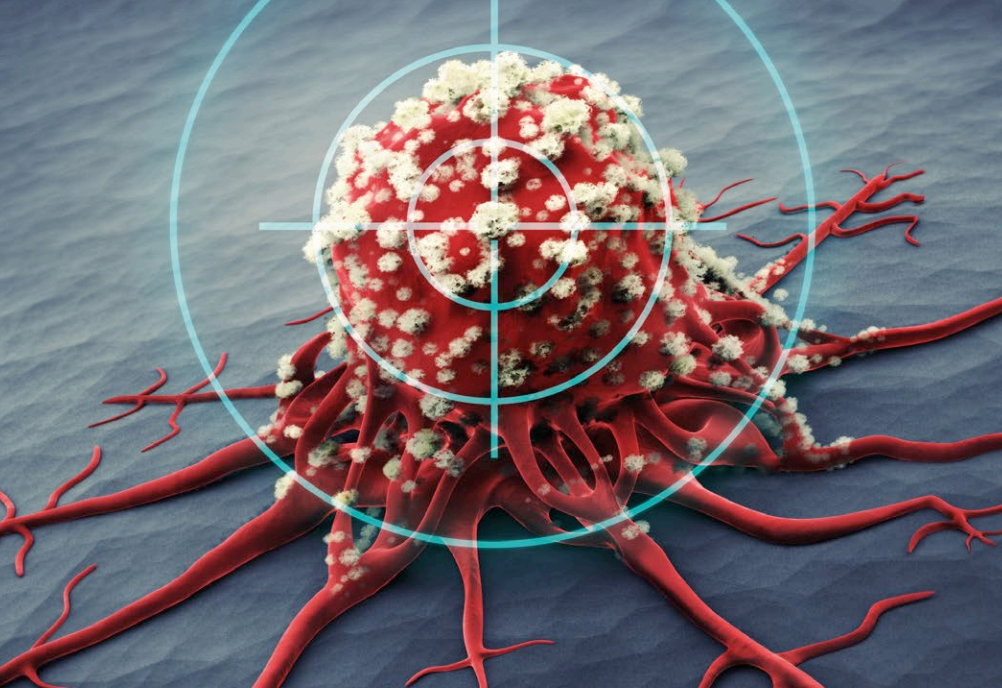Share this Page:
In part I of this blog, Debra Madden, a 2-time cancer survivor (Hodgkin’s lymphoma and breast cancer) and Cancer Research Advocate, explains why it is important that patients understand that immunotherapy:
- Is not for every cancer patient
- Is not effective for every cancer patient
- Results in variable responses and variable time to response
- Requires different evaluation criteria than traditional cytotoxic drugs
- Tends to result in a prolonged response, but we do not yet know for how long
- Is very promising, but does not replace all other treatments
- In combination with other anticancer treatments might result in optimal benefit
In part II of this article, Ms Madden discusses the unique spectrum of adverse events that may result from immunotherapy, and why patient education concerning the potential for such effects is crucial.
It is imperative that we gather more mature data on a much larger number of patients to accurately assess efficacy, safety, potential harms, durability of response, and impact on disease progression and overall survival of the new immunotherapy treatments.
Read Debra Madden’s blog here.












